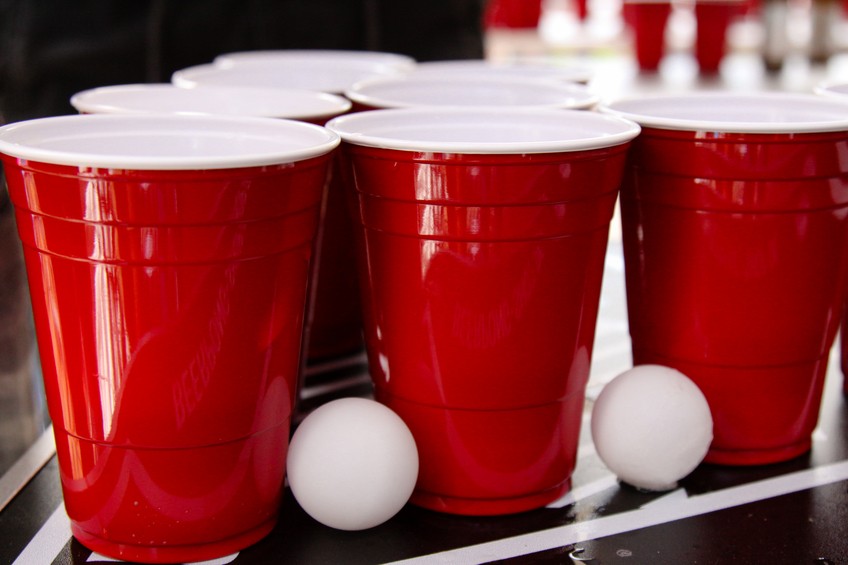On a cold Friday night, Nathaniel Crocker sits on an unkempt dorm bed, occasionally changing the song being played on the laptop. As is the unsaid tradition for students all around Halifax, Friday is a night of festivities marked primarily by drinking in dorm rooms.
For the 21-year-old Crocker, weekends look a little different.
“I stopped drinking right before I moved to New York, so August 27, 2013,” recalls Crocker. “I did it because at that point I was taking my voice very seriously.”
Although he’s a first-year student at the University of King’s College, Crocker has also completed a two-year acting program in New York. A lot has changed since then, including his reasons for continued sobriety.
“My dad texted me one morning saying, ‘Well, it’s been a good run but all stories have to come to an end,’” says Crocker. “He’s been an alcoholic for the last 33 years plus.”
Although they’re not very close, Crocker has been greatly influenced by his father’s struggles with alcoholism. “He’s had a few suicide attempts since...That really cemented why I don’t drink.”
Halifax has no shortage of bars, but many first-year students aren’t yet of legal drinking age. Being unable to go downtown doesn’t stop the drinking, though. It just pushes it into private rooms.
“Once everybody settles and we don’t need to meet people anymore, we don’t really go to parties,” says Lucas Tennen, a first-year student at King’s. “The drinking becomes the event.”
Many students, particularly those who are underage, spend their nights drinking in their rooms. Last November, a 19-year-old international student at Dalhousie University passed away from alcohol poisoning in her residence room at LeMarchant Place.
For people like Crocker, it quickly becomes hard to navigate a social scene that is based primarily around drinking.
“I am tempted every time my friends are drinking,” he says. “I see them talk to each other—there is that bond that you have when you’re drinking that you can’t have any other time.”
Ava Walter Cout, a clinical social worker who works primarily with teenagers and adults at her Mississauga practice, says the risk of binge-drinking increases when students drink on campus.
“The fact that you can’t go to bars and drink probably increases the amount of drinking that kids are doing cause they’re doing it at the university,” says Cout. “If you’re in a bar and you get really drunk you’re going to get kicked out, or you’re going to have to have a lot of money to drink enough to get drunk. But if you’re drinking in the dorms then it leads to a lot more binge-drinking.”
Not drinking can also pose problems for the sober student’s social life, says Cout. “If that’s the predominant social culture at school, and you can’t participate in that, you have to find another social culture.”
Halifax’s drinking culture is aimed primarily at the more than 40,000 students who attend the municipality’s universities. Despite that, the city does have some dry spaces. RadStorm (6050 Almon Street), a not-for-profit venue in the north end, is an all-ages dry space. The Wardroom, the King’s campus bar, has the only wet-dry license in Nova Scotia, which allows students under the age of 19 to enter the bar but not to order any alcohol.
Crocker says the drinking culture in Halifax is worse than what he experienced in New York.
“Here, some of my friends drink almost every night and it’s really hard to to have it constantly in my face,” he says. “It’s a lot more challenging for me here. I haven’t faced a want to drink this intense in a long time.”
For many students alcohol has become a necessary vice, he says. One they use and abuse in social situations.
“You don’t have to take responsibility. You’re literally a kid again. There’s no consequences because you’re inebriated,” says Crocker.

